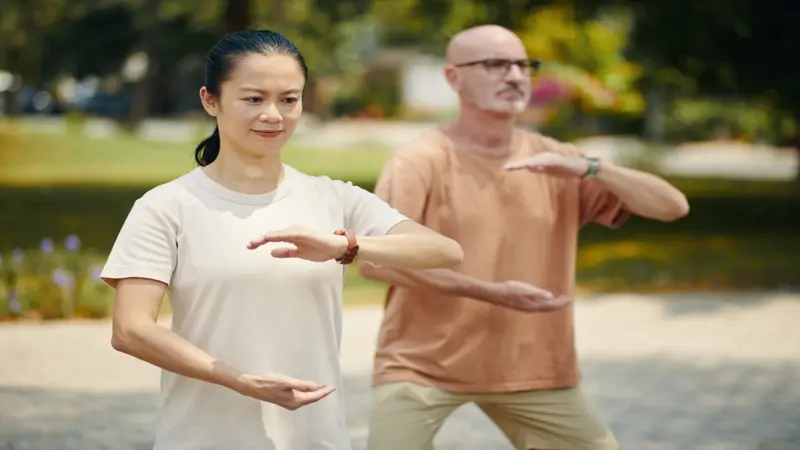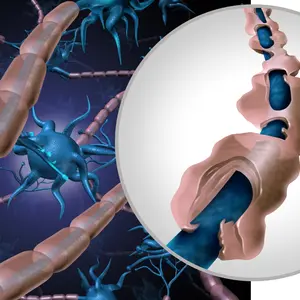

Complementary and Alternative Medicine (CAM)

Complementary and Alternative Medicine (CAM)
Mindfulness and Tai Chi to Ease Cancer Distress
Many people who survive cancer continue to experience emotional struggles such as anxiety, depression, and fatigue. A 2025 study led by researchers at the Osher Center, a collaboration between Harvard Medical School and Brigham and Women’s Hospital, explored how two mind-body practices, mindfulness-based cancer recovery and Tai Chi, could support emotional healing. This study included 587 cancer survivors from multiple sites, most of whom were women around age 60. Breast, prostate, and gastrointestinal cancers were the most common diagnoses, and participants ranged from early-stage to advanced cases.
The researchers designed the study to reflect real-world care. Participants were either randomly assigned to a program or allowed to choose the one they preferred. They were also divided into two groups, one that began the program right away and one that waited to start later. This design allowed scientists to measure the emotional benefits of the programs by comparing them to a waitlist control group. This way, both groups of people would get to receive treatment eventually, but the waitlist group could be used as a non-treatment control for the first group during the duration of the study. The main outcome was total mood disturbance, which measures feelings like tension, anger, depression, and overall emotional distress.
Key Takeaways:
- Both groups showed significant improvements in mood compared to the waitlist control group.
- Benefits were seen regardless of whether participants chose their program or were randomly assigned, suggesting personal preference did not affect outcomes.
- The mindfulness group experienced the greatest reductions in tension, anger, and fatigue, along with increased energy.
- The Tai Chi group saw notable improvements in lowering depression and anger, as well as a boost in vitality.
- Women benefited more from the mindfulness program than men, while younger participants and those with more advanced disease showed stronger responses to Tai Chi than older or early-stage participants.
This study offers strong evidence that gentle mind-body practices like mindfulness and Tai Chi can be powerful tools to support emotional healing in people recovering from cancer. By using a flexible and practical research design, the study shows that these approaches can be successfully used in everyday healthcare settings and provide meaningful benefits regardless of a patient's background or cancer type.


 By
By






